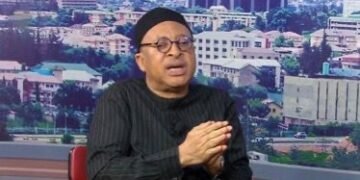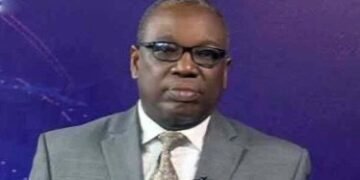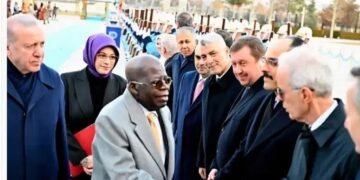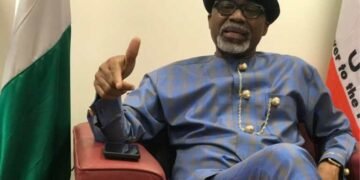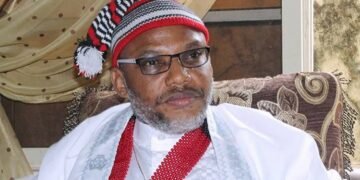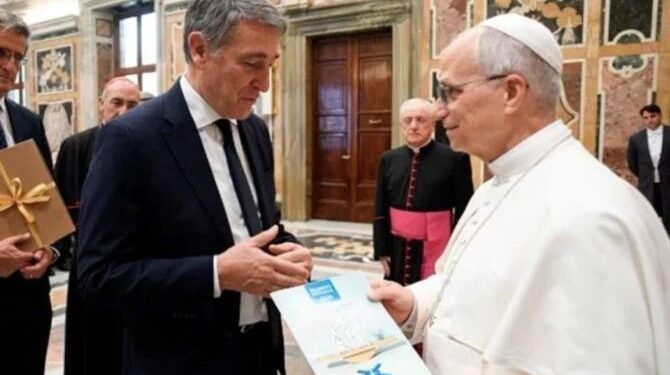By Charles Igwe
Pope Leo XIV has condemned usury as a “grave sin” that undermines human dignity and reflects the corruption of the human heart. The pontiff made the statement during a meeting with members of Italy’s National Anti-Usury Council at the Vatican Apostolic Palace on October 18.
In his address, the Pope described usury — the practice of charging excessive interest, often to those in financial distress — as an act that cannot be reduced to a mere financial issue. He warned that it can devastate families, cause emotional suffering, and in severe cases, drive individuals to despair and suicide.
“It is a grave sin, at times very grave, because it cannot be reduced to a mere accounting issue,” Pope Leo said. “Usury can bring crisis to families and wear down the mind and heart to the point of leading people to think of suicide as the only way out.”
While acknowledging that lending with interest is not inherently condemned by the Church today, the Pope emphasized that exploitative lending practices remain morally unacceptable. He said usury “targets the weak, burdens the vulnerable, and dehumanizes relationships by turning people into mere objects of profit.”
Drawing from the biblical story of Zacchaeus, the Pope illustrated how conversion of heart and generosity can overcome greed and exploitation. He contrasted this with a profit-driven mentality that disregards human worth, noting that “when the pursuit of profit prevails, others are no longer seen as people but as tools to be exploited.”
Pope Leo also urged both moral renewal and practical support for victims of usury, stressing the need for compassion and justice in economic systems. He warned that usurious financial structures can “bring entire peoples to their knees,” perpetuating what he described as “systems of iniquitous sin.”
The Pope praised the efforts of the National Anti-Usury Council, saying their work aligns with the Jubilee Year’s call for reconciliation, mercy, and social justice. His remarks reaffirmed the Church’s longstanding teaching on economic ethics and its call to protect the dignity of those most vulnerable to exploitation.












